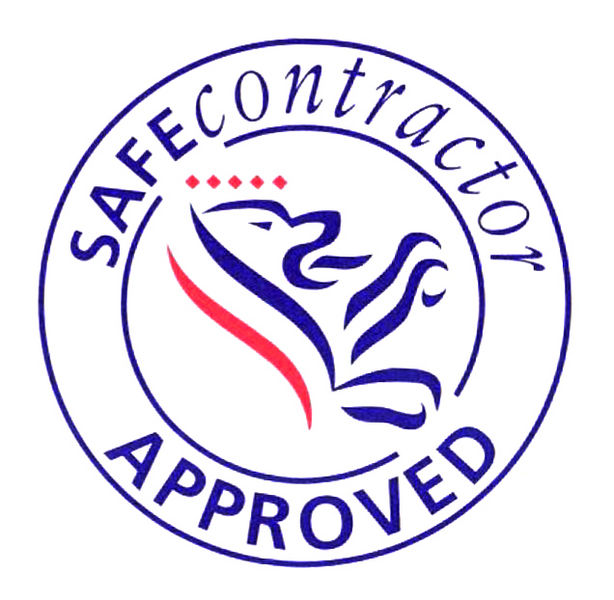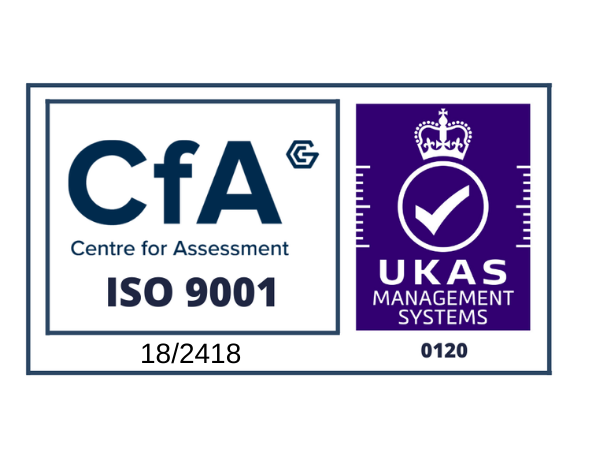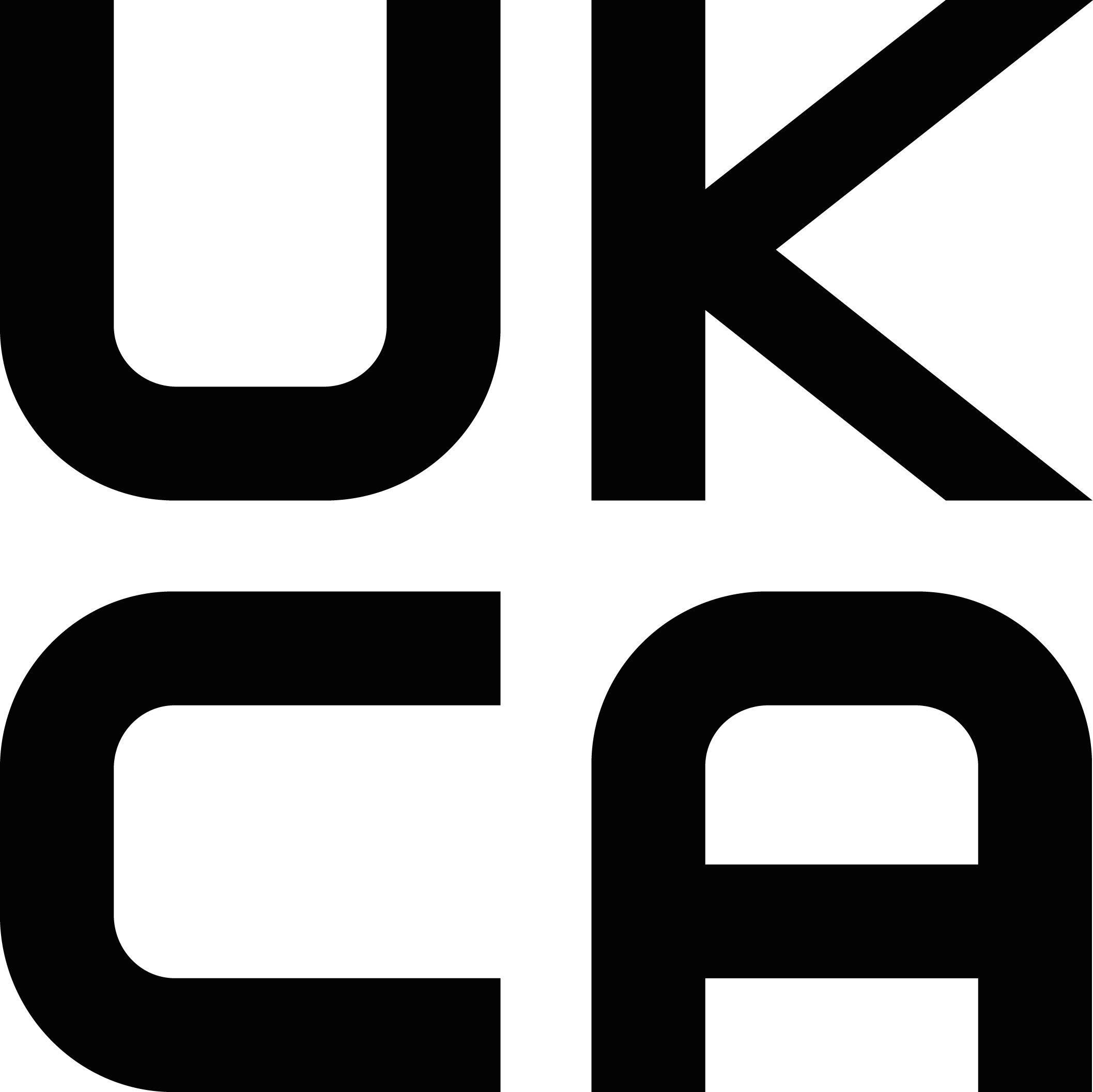10-Year High for House-Price Increases
The latest house-price figures showed a strong increase last month, following two successive falls. However, with house prices continuing to rise, is it time for the Bank of England to look at ways of reining the market in?
The figures released by the Halifax show that house prices rose by 3.9% last month, which is the largest increase since 2002. The value of the average property went up by £7,000 in May and is now worth £184,464. This amount equates to almost £220 a day. The Halifax data combines with information from other leading sources to show that house prices are really starting to recover from the financial crisis. This latest release follows figures from the Nationwide that showed a 12-month increase of 11.1%. Their average property price is now £186,512.
As homebuyers start to see more optimism in their lives, they will become encouraged to look more seriously at the property market. They may consider moving home to gain more space or perhaps even a steel balustrade balcony. This has been helped by a more successful jobs market and continuing low interest rates. House building is also starting to increase, which will help to address the current disparity between the demand for property and the number of homes actually available.
Even though the last month has shown a strong increase in property prices, the monthly data can vary widely from one period to the next. The increase in May follows falls in March and April, and quarterly data is a much more comprehensive indication of the market. The last quarter was up 2% on the previous three months, and in the 12 months to May property prices increased by 8.7%.
What Can Be Done to Slow Down Property Prices?
For those looking to move, the increase in prices can be a good thing. However, it also means that their next property will be more expensive, and it could stop them from getting the size of home they need — whether this has more bedrooms or a balcony with a steel balustrade. Rising property values are also bad news for first-time buyers, who need to save for longer to be able to afford a deposit, even with government schemes such as Help to Buy available.
The consistent increases in prices have led the government and the Bank of England to look at ways in which they can curb any excesses in the market. This could include limiting the scope of the Help to Buy scheme or having stricter rules on mortgage eligibility. There has already been an introduction of tougher tests for mortgage applicants. The new rules mean that they will now have to prove that they can afford the costs of the mortgage repayments even if interest rates increase.
Rising house prices can indicate that there is confidence in the economy, but it’s important that they don’t continue going up at the same level. We need to learn lessons from past mistakes that resulted in problems during the recession.







